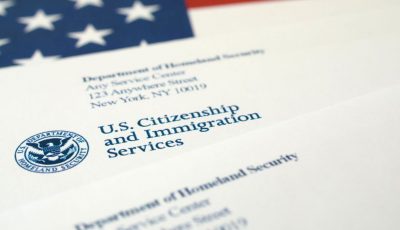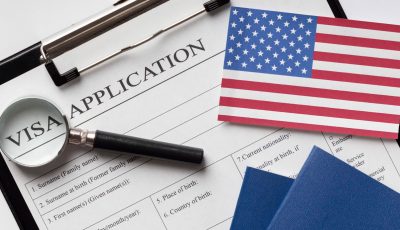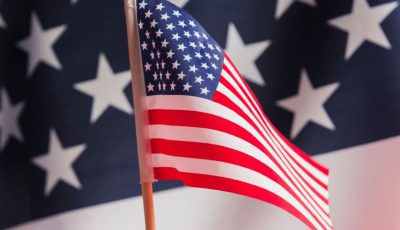EVEN IF PRIOR 151 CW-1 PETITIONS ARE APPROVED:
USCIS says Dynasty still not authorized to employ CW workers
Even if the U.S. Citizenship and Immigration Services were to reopen and approve Tinian Dynasty Hotel and Casino owner’s petition for 151 Commonwealth-only transitional worker permits (CW) filed between 2011 and 2014, it would not authorize the company to employ today any of the alien-beneficiaries listed on these petitions, according to a USCIS official.
USCIS California Service Center Employment Branch 2 section chief Stephanie Chau stated in a declaration that such approval of Hong Kong Entertainment (Overseas) Investment Ltd.’s Form I-129CW petition would only authorize HKE to employ the alien-beneficiaries for the validity periods listed on the petitions, all of which have expired.
Chau said if, before the period of validity of the 151 petitions had expired, HKE had filed successive extension petitions with current validity periods on behalf of the alien-beneficiaries listed on these petitions, then these extension petitions, if approved, would have authorized HKE to employ the alien-beneficiaries for the validity periods requested in the petitions.
However, Chau said, HKE did not file successive extension petitions with current validity dates, and there are not currently any petitions pending before USCIS which, if approved, would authorize HKE to employ CW-1 workers.
Chau’s declaration was attached in the USCIS’ and co-defendants’ motion filed yesterday in federal court that seeks to dismiss HKE’s lawsuit against them.
HKE is suing USCIS, U.S. Department of Homeland Security secretary Jeh Johnson, and USCIS director Leon Rodriguez over the denial of its petitions for CW-1 extension and transfer for its foreign workers.
According to HKE’s lawsuit, the final USCIS Administrative Appeals Office’s adverse agency decision affirming that the company is not engaged in a legitimate business for CW purposes affects more than three quarters of Tinian Dynasty’s employees.
HKE counsel George Anthony Long said the company is harmed by the agency decision as it materially affects its ability to maintain and continue its business operations.
In her declaration, Chau pointed out that in order to employ aliens in CW-1 status going forward, HKE must file new Form I-129CW petitions with documentary evidence establishing eligibility for CW status for the actual period in which it intends to employ aliens in CW-1 nonimmigrant status.
Chau said USCIS is currently prohibited from making any additional CW-1 visas available or providing CW status to any additional individuals with an employment start date beginning before Oct. 1, 2016.
USCIS and co-defendants’ counsel Office of Immigration Litigation trial attorney Heather Sokolower asserted that the U.S. District Court for the NMI should dismiss HKE’s claim because, even if it was meritorious (which it is not), the relief that HKE seeks—an order directing USCIS to “set aside” the decisions, declaring HKE to be a “legitimate employer” for purposes of the CW-1 program, and remanding the decisions to USCIS for further processing—is illusory.
In defendants’ motion to dismiss, Sokolower said even if the court granted the relief that HKE requests, and even assuming that, on remand, USCIS approved HKE’s petitions in full, USCIS’ approval of these petitions would not authorize HKE to employ any foreign workers today or at any point in the future.
Sokolower said that it is because these petitions seek permission to employ CW-1 nonimmigrants for time periods that have already passed.
Sokolower said in order to employ CW-1 nonimmigrants going forward, HKE must file new petitions with current validity dates and provide documentary evidence establishing its eligibility for the CW-1 program (as well as the eligibility of its alien-beneficiaries) for the dates on which it seeks to employ the alien-beneficiaries.
The trial attorney said HKE does not have standing to bring its claims because a favorable decision in this case will not redress the harm HKE allegedly incurred as a result of USCIS’ denials of its petitions.
In its lawsuit, HKE asked the court to declare that the company is a legitimate employer for purposes of the CW program.
HKE requested the court to set aside each decision of the USCIS Administrative Appeals Office affirming the denial of the company’s CW petitions and dismissing each administrative appeal.
HKE asked the court to remand all HKE petitions to the USCIS Administrative Appeals Office for instructions to process the company’s CW-1 petitions in accordance with the court’s order.



























